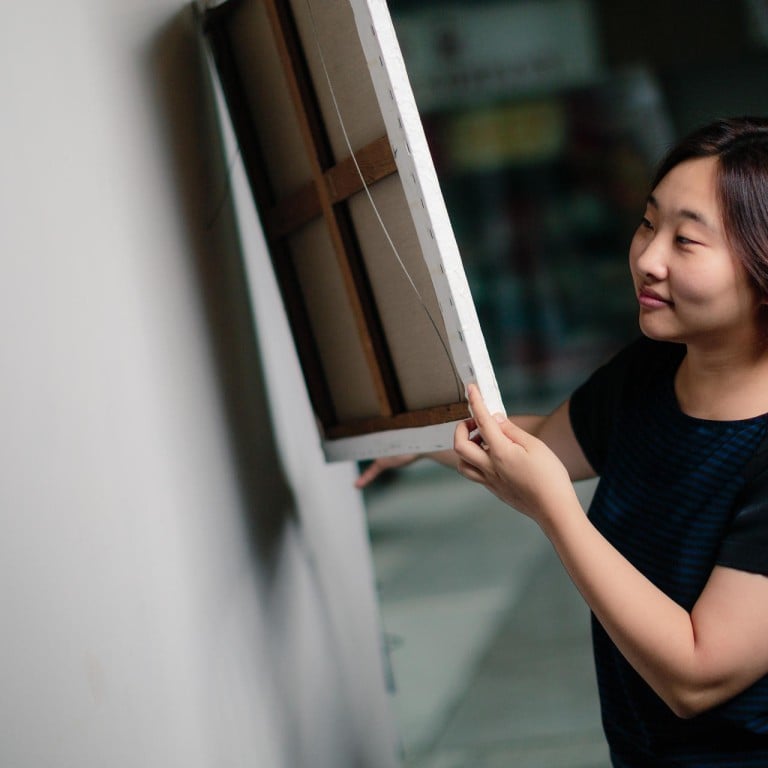
A free online gallery is giving local artists global exposure
Web gallery has a global outlook
"What is art?" Yeone W. Moser Fok asks rhetorically. "What is your body without your mind, your heart and your soul?"
Coming from an investment banker who helps companies raise billions from the stock market, this sort of philosophical question is perhaps slightly odd.
We felt there was a lack of visibility for local artists in Hong Kong
But while banking is her day job, Fok also helps run the Art Banking Charitable Foundation, or ArtBCF, a non-profit organisation set up in 2010 to promote the interests of home-grown artists in Hong Kong.
"So much of the art industry in Hong Kong is dictated by the galleries and it's so financially motivated," says Fok, "The idea is that the artist has control over everything. It's a platform that's built for the artists.

So far the site has attracted artists including sculptor Jaffa Lam, painter Tang Ying-chi and multimedia artist Grace Tang Ying-mui. The non-profit recently appointed Yu Kei-kei as its first curator-in-residence, a one-year programme to support the vocation in the city. Lai Wai-yi is the artist-in-residence.
The internet promises to transform the way art is bought and sold in the same way it has changed journalism, publishing, films and the music industry.
More art is now viewed online than is seen as an original and the online art market is expected to grow by some 20 per cent every year, according to a BBC report published in June.
"We felt there was a lack of visibility for local artists in Hong Kong," says Fok. "You walk into any random gallery, and chances are you're not going to see a work from a Hong Kong artist in there."
"It's very easy for us to speak disparagingly about those galleries. The reality is that galleries don't have an easy time either because the property prices in Hong Kong are so high," Fok says. "At the end of the day, it's a business for them as well. They need to sell artwork that will help them survive."
Creating an online platform also gets around one of the city's most pressing problems - the lack of affordable space.
A quota of eight works per artist is enforced to ensure people think hard about their submissions, but restrictions are kept to a minimum in keeping with the ethos of open access, says Fok.
